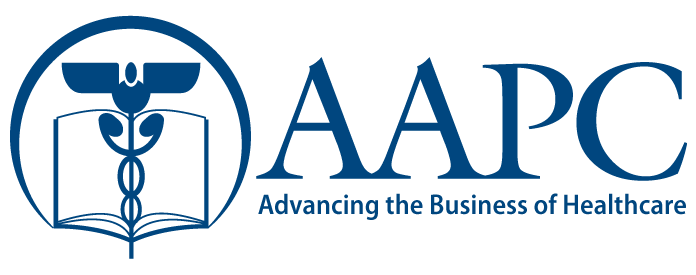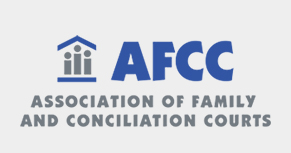What if I told you that there was a way that could help you feel more mindful, more compassionate towards others, and more connected to others? And what if you could also feel a greater sense of life satisfaction and happiness, and be less depressed, less anxious, and less stressed?

Self-compassion involves treating yourself the way you would treat a loved one or close friend who is having a tough time. It is a set of practices that help us to learn to be a good friend to ourselves when we need it most, to develop the capacity to be an inner ally to ourselves rather than an inner enemy. Research suggests that we are often harder on ourselves than we are on others, and that this can make challenging situations more stressful for us. Sometimes, that inner criticism can lead to fear of failure and avoiding new situations and possibilities. Other times, it can manifest itself in defensiveness which can lead to lashing out at others, thus damaging the relationships we most value.
When we criticize ourselves, we tap into our body’s threat-defense system, which is sometimes referred to as our “reptilian brain.” We release stress-related hormones such as cortisol and adrenaline, and we get ready to fight, flee, or freeze. This can put stress on the mind and body, and can be harmful for both our emotional and physical well-being. In the words of psychologists Kristin Neff and Christopher Germer, “With self-criticism, we are both the attacker and the attacked.”

Self-compassion can help us to downregulate our body and brain’s threat response. Sometimes, in psychotherapy we can intellectually understand and develop the capacity to generate different perspectives and coping thoughts, and yet those coping thoughts can still have a harsh, contemptuous, or judgmental tone. Self-compassion can help us to not only think differently, but also to feel differently. It can help us to replace a painful inner voice with a more compassionate one, and can help reduce feelings of shame.
If you are interested in learning about a few self-compassion practices, you can visit the website for Greater Good in Action at https://ggia.berkeley.edu/#filters=self-comp. If you would like to explore together how self-compassion can benefit you emotionally and physically, I am available for appointments.

Mark Adams, MA, LMHC, is a licensed mental health counselor who has worked with children, adolescents, and adults in various community mental health settings since 1994. Mark has extensive experience working with issues of domestic disputes and high conflict. He has worked with adults to repair the damage and undo legacies of harmful behavior. Within the context of that work, Mark developed and co-facilitated a unique group for men dealing with issues of both abusive behavior and substance abuse. He also developed and implemented a specialized group for fathers that addressed the impact of adult domestic violence on children. Mark has also worked with survivors of violence to address trauma and to help them reclaim both autonomy and agency.
Mark’s approach to therapy is based upon a cognitive-behavioral foundation in which one attempts to understand how thinking impacts mood and behavior. From that foundation, Mark incorporates mindfulness-based interventions, self-compassion work, Dialectical Behavior Therapy (DBT), and Eye Movement Desensitization and Reprocessing (EMDR) – all tailored to fit the needs of each individual client. He is currently accepting new clients at our Poulsbo office location.





